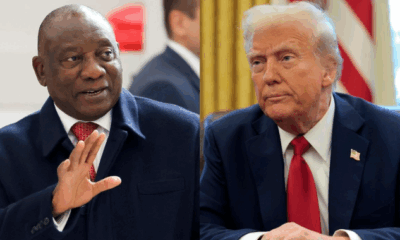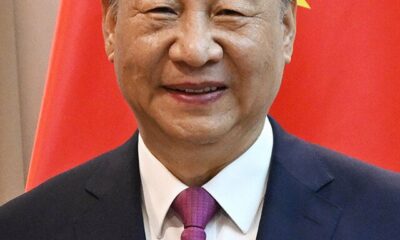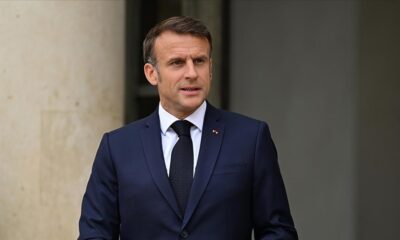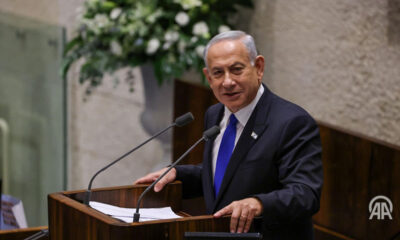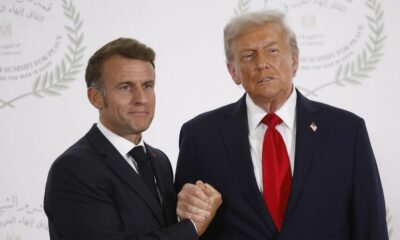News
France Joins Global Push To Recognize Palestinian State As UN Summit Opens
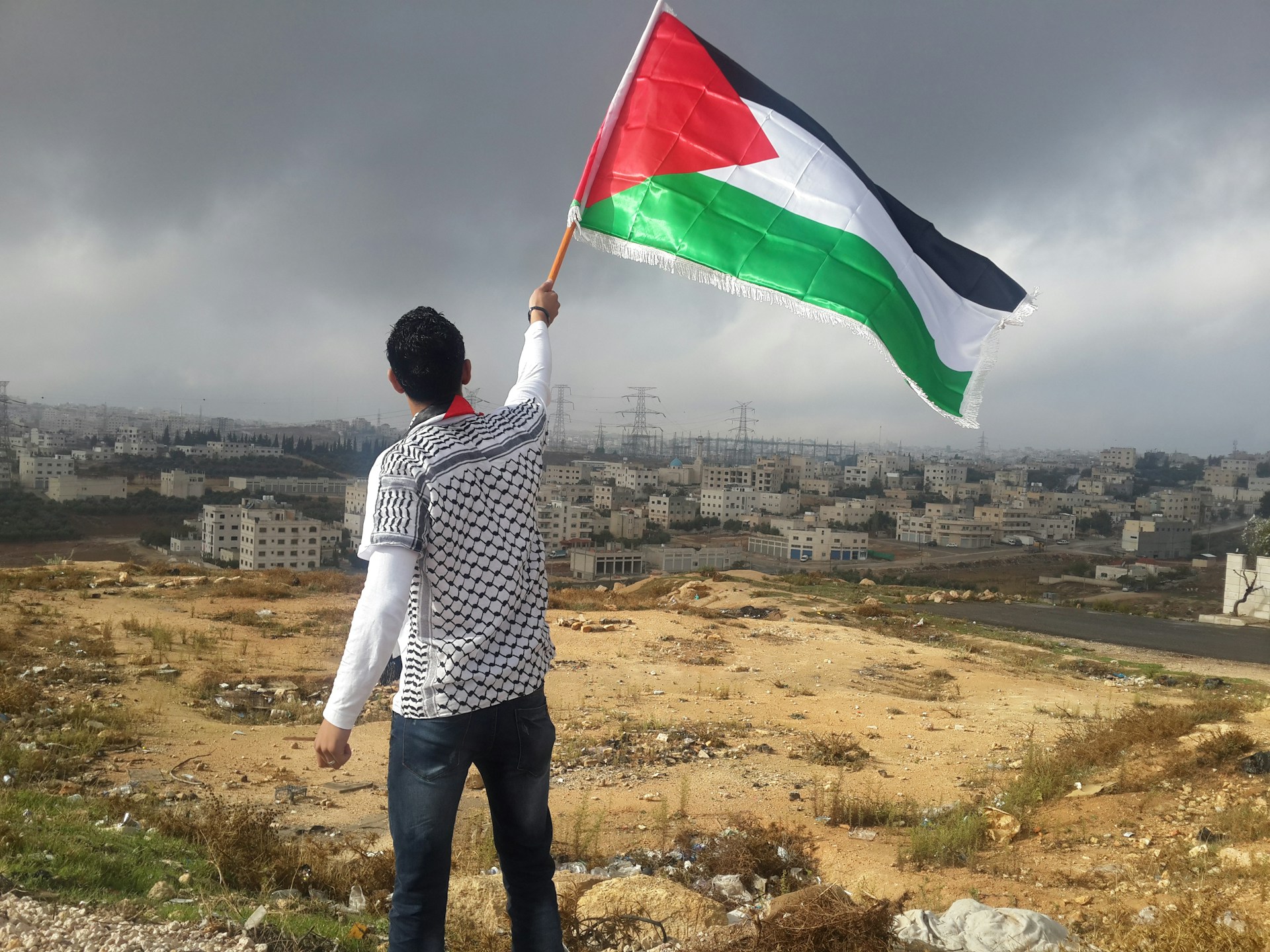
As world leaders descend on New York for the United Nations General Assembly, momentum is building around one of the most contentious issues in modern geopolitics: the recognition of Palestine as an independent state.
A Shift In Western Stance
Britain, Canada, Australia and Portugal broke new ground on Sunday by formally recognizing Palestine. Their announcements come at a time when Israel’s war in Gaza has entered its second year, with tens of thousands of Palestinians killed and the enclave reduced to rubble.
France is poised to follow suit, with President Emmanuel Macron expected to make the declaration official as he hosts Saudi Arabia’s Crown Prince Mohammed bin Salman for talks on reviving the long-stalled two-state solution.
In a US television interview, Macron stressed the urgency of recognizing Palestinian aspirations, saying: “They want a nation, they want a state, and we should not push them towards Hamas.” He added that France would condition the opening of a Palestinian embassy on the release of hostages taken during the October 7, 2023, Hamas attack on Israel.
Israel Pushes Back
Israel reacted angrily, with its foreign ministry arguing that Western recognition “does not promote peace, but further destabilises the region.” Prime Minister Benjamin Netanyahu has doubled down on his rejection of a Palestinian state, instead vowing to expand settlements. His far-right ministers went further, openly calling for annexation of the West Bank.
The international divide will be laid bare this week, as Netanyahu takes the UN podium on Friday, and US President Donald Trumpfirmly opposed to Palestinian statehoodaddresses the assembly on Tuesday.
A Humanitarian Crisis On The Agenda
The UN estimates more than 65,000 Palestinians have been killed in Gaza since Israel launched its military operations in response to Hamas’s 2023 assault that left 1,219 Israelis dead. The humanitarian crisis has drawn condemnation across the globe and will dominate speeches, protests, and walkouts at the General Assembly.
Palestinian Authority President Mahmud Abbas, barred from entering the US after being denied a visa, will instead address the assembly by video after a special vote allowed him to do so.
Global Pressure And Public Outcry
UN Secretary-General Antonio Guterres has urged the world not to “feel intimidated by the risk of retaliation” from Israel, insisting that international recognition is one of the few tools left to pressure all parties toward peace.
On social media, reactions have been divided but impassioned. Pro-Palestinian hashtags surged in Europe and Latin America, with activists celebrating the recognition announcements as “historic.” Meanwhile, Israeli supporters voiced anger and frustration, accusing Western governments of “rewarding terrorism.”
The Bigger Picture
While the spotlight will remain firmly on Gaza, this UN week will also grapple with crises elsewhere: renewed sanctions on Iran’s nuclear program, the war in Ukraine, and fresh tensions as Estonia accuses Russia of violating its airspace.
But it is the question of Palestine that carries symbolic weight this year. As International Crisis Group analyst Max Rodenbeck put it, recognition alone will not end the conflict, but it “offers a rare moment to challenge the accelerating erasure of Palestinian life in their homeland.”
{Source: EWN }
Follow Joburg ETC on Facebook, Twitter , TikTok and Instagram
For more News in Johannesburg, visit joburgetc.com

